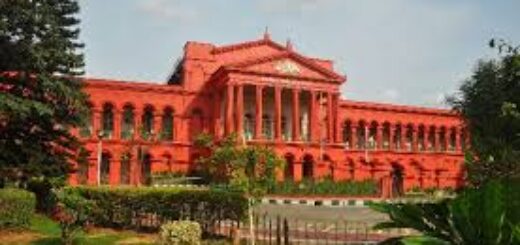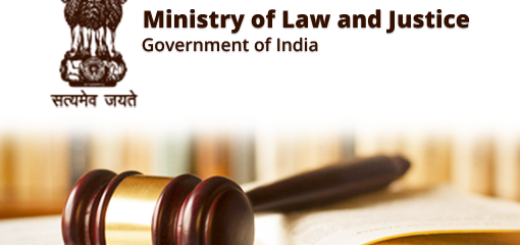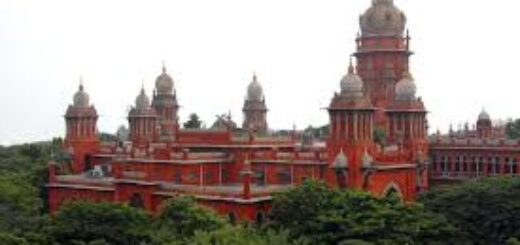Key Element of Dowry Demand Missing; Suicidal Death, While Unnatural, Not Similar to Murder: Supreme Court Supports Husband’s Acquittal.

The Supreme Court confirmed the acquittal of a husband in a dowry death case, stating that the key element of a dowry demand under Section 304B of the IPC was missing. The court was reviewing the State’s appeal against the acquittal related to the death of a young bride. Justices B.R. Gavai and K. Vinod Chandran noted that the evidence clearly indicated the death was a suicide, which did not clear the accused under Section 304B of the IPC.
Advocate Saakshi Singh Rawat represented the appellant, while AOR E. R. Sumathy represented the respondents. A young woman, married for only six months, was discovered hanging by her father and brother when they visited her home. A First Information Report was filed, leading to the husband’s arrest. Later, his family members, including his parents, grandfather, and brother, were also charged. The Trial Court acquitted everyone except the husband, mainly because the scratches on the deceased’s body could not be solely explained by hanging, as her body was away from the room’s walls. The husband was initially found guilty under Section 304B of the IPC and sentenced to seven years of rigorous imprisonment. However, the High Court determined that the prosecution failed to prove that a dowry demand caused the bride’s death, prompting an appeal to the Supreme Court.
- The text states that a death caused by dowry demands is similar to murder, even if it isn’t directly homicidal, as shown in Section 304B of the Indian Penal Code, 1860, along with Section 113B of the Indian Evidence Act, 1872. However, courts need to be careful with such allegations under Section 304B, as they may arise from the grief of losing a daughter or sister in a marital home, especially if there is a history of marital issues that wouldn’t normally lead to such extreme outcomes. The court explained that reversing an acquittal order requires strong and convincing reasons. If the findings are not unreasonable and the evidence clearly points to guilt, appellate courts are hesitant to overturn an acquittal.
The court noted that the death was determined to be a suicide based on the doctor’s expert opinion, which included a wound certificate. The doctor mentioned a slanting ligature mark around the neck and concluded that the cause of death was suffocation from hanging before death. The injuries also suggested that the deceased had experienced physical violence. After reviewing the trial evidence, the bench found that the prosecution did not prove the dowry demand. It pointed out that inconsistencies in statements made under Section 161 Cr.P.C. were significant contradictions that jeopardized the prosecution’s case regarding the dowry demand.
Both the brother and father of the deceased stated in their testimonies that they had not seen any physical abuse towards the wife. The father also mentioned that the son-in-law knew about his financial situation. He specifically said that the son-in-law and his family were informed of this before the marriage and agreed to accept his daughter. The court noted that since the key element of a dowry demand was missing under Section 304B of the I.P.C., they could not classify the suicide, although it was unnatural, as similar to murder that would warrant punishment under that section. Therefore, the appeal was rejected, and the High Court’s acquittal was upheld.
Cause Title: The State of Uttarakhand v. Sanjay Ram Tamta @ Sanju@prem Prakash (Neutral Citation: 2025 INSC 187)
Appearance:
Appellant: Advocate Saakshi Singh Rawat, AOR Sudarshan Singh Rawat, Advocate Ajay Bahuguna
Respondent: AOR E. R. Sumathy, Advocates Nishant Bhardwaj, Betsara Mylliemngap









